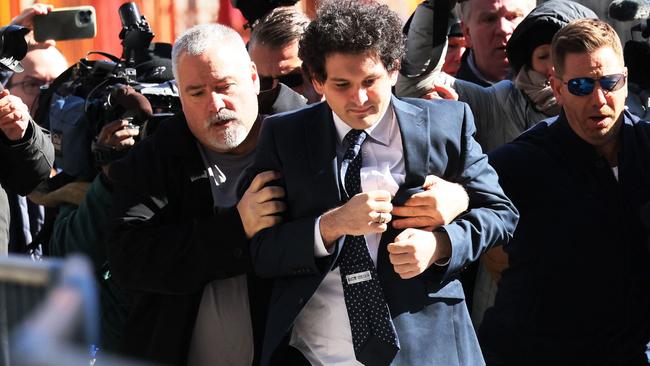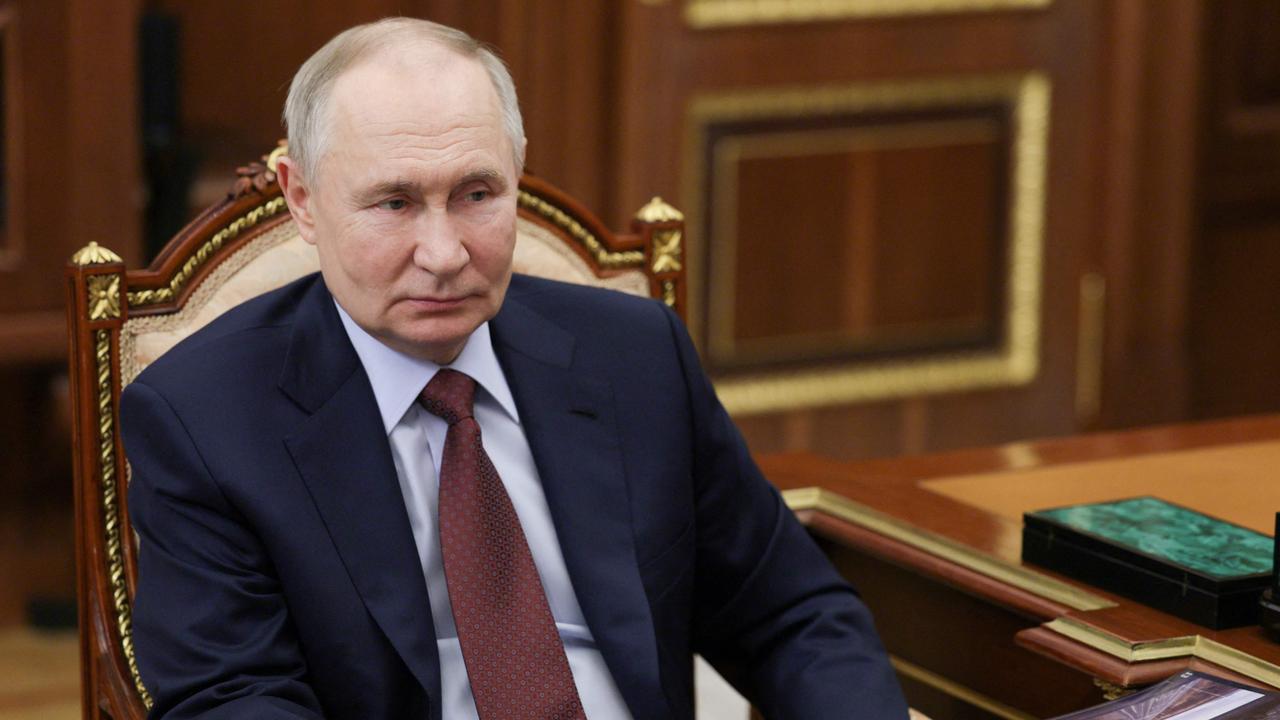FTX invoices ‘approved by emoji’
FTX’s failures were rooted in “hubris, incompetence, and greed,” the crypto exchange’s new management team said in a scathing report.

FTX’s failures are rooted in “hubris, incompetence, and greed,” the crypto exchange’s new management team said in a report outlining scathing details about the lack of financial controls and record-keeping under founder Sam Bankman-Fried.
Mr Bankman-Fried’s crypto hedge fund Alameda Research often had difficulty understanding what its positions were, let alone hedging or accounting for them, the report said.
“We sometimes find $50m of assets lying around that we lost track of; such is life,” Mr. Bankman-Fried said in an internal communication.
He described Alameda as “hilariously beyond any threshold of any auditor being able to even get partially through an audit.”
A spokesman for Mr Bankman-Fried declined to comment.
At FTX Group, expenses and invoices were submitted on Slack and were approved by emoji. These informal, ephemeral messaging systems were used to approve transfers in the tens of millions of dollars, leaving only informal records of such transfers, or no records at all.
FTX and Alameda Research collapsed last year after the exchange lent billions of dollars worth of customer assets to fund risky bets by Alameda. Before its demise, FTX presented itself as more technologically sophisticated than rivals and attracted roughly $US2bn ($3bn) from venture capitalists.
The report reiterates that most decision making sat with Mr Bankman-Fried; Nishad Singh who was director of engineering at FTX; and Gary Wang, the firm’s former chief technology officer. One executive remarked that if Messrs. Singh or Wang got hit by a bus, “the whole company would be done.”
A lawyer for Mr Wang declined to comment. A lawyer for Mr Singh didn’t respond to a request for comment.
The crypto exchange and its related companies lacked proper controls for keeping crypto assets safe, the report said. Private keys, akin to a password that allows for the movement of crypto assets, were sometimes in plain-text files and without encryption on an FTX Group server. The bankruptcy team found private keys to millions of dollars in crypto assets that lacked proper descriptors, with some simply titled “use this” or “DO NOT USE.”
In a September 2019 tweet, Mr Bankman-Fried reminded crypto followers to use two-factor authentication, noting that “90 per cent of crypto security is making sure you’ve done the basics.” But privately, his firms didn’t enforce the use of multifactor authentication for its Google accounts and password-management provider.
In a reply to a user’s question on that same tweet, Mr Bankman-Fried claimed that his crypto exchange distributed user funds across a mix of crypto accounts, some of which were connected to the internet and some of which weren’t. The latter—so-called cold wallets—are less susceptible to hacking.
In practice, FTX and its affiliate companies kept virtually all crypto assets in hot wallets, the report said. The firms also didn’t require multiple people to approve crypto transactions, a common practice in crypto to ensure funds aren’t moved easily by illicit actors.
When employees sought to clarify corporate responsibilities, they faced backlash, the report said. The former president of FTX.US resigned following disputes over delegation of authority and key hires at the company’s US operations. After raising issues, his bonuses were drastically reduced.
A company lawyer was fired after expressing concern about Alameda’s lack of corporate controls and risk management.
“While the FTX Group’s failure is novel in the unprecedented scale of harm it caused in a nascent industry, many of its root causes are familiar: hubris, incompetence, and greed,” FTX’s chief executive, John J. Ray III, said in the report.
Caitlin McCabe contributed to this article.
The Wall Street Journal


